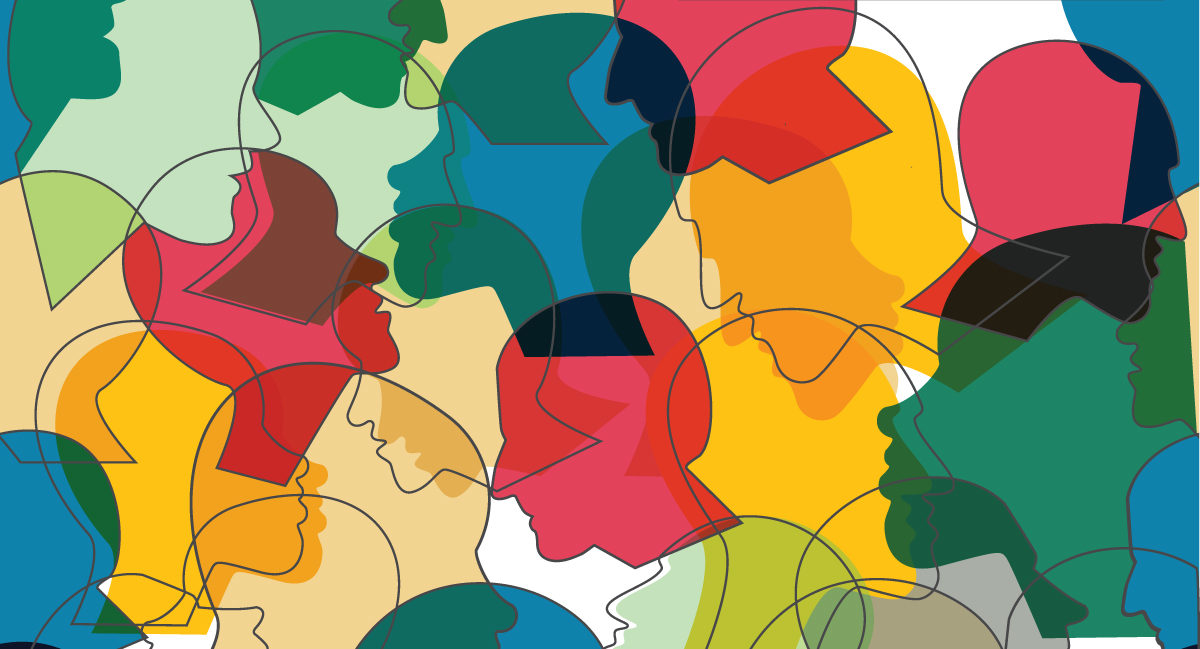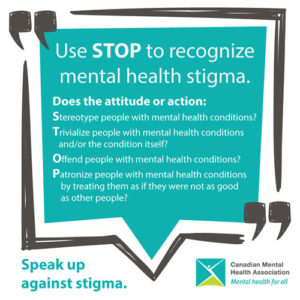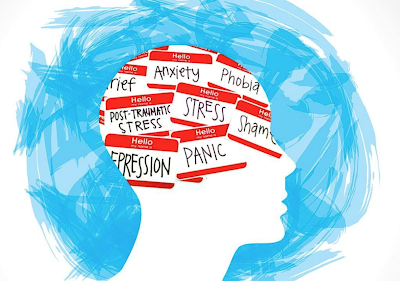My Experience Volunteering in a Psychiatric Unit
Psychiatric Units. What are they like? Some people have heard about them. Some people have had experiences as a patient, while others don’t know too much about what it is like. I haven’t been a patient but I did volunteer in a psychiatric unit of a local hospital. In today’s post, I will be sharing my experiences and lessons that I have learned from volunteering in a psychiatric unit.
*Note* Today’s post is based on ONLY my experiences as a volunteer. I am not an expert nor do I speak on behalf of other psychiatric units, workers and individuals who have had experiences as patients on such related units. I respect everyone's own view and experience when it comes to the topic of today's article.

Volunteering in a Psychiatric Unit
I felt inspired for today’s post to talk about my experiences volunteering for the last 2 years in an adult mental health and addictions unit. I feel even more inspired to talk about how my perspective of mental illness, addictions and the mental health system has changed.
My volunteer role on the psychiatric unit was to provide companionship and emotional support along with group recreational activities for patients. Volunteering on the unit has been a rewarding yet eye-opening experience. Going into my first shift as a volunteer, I didn’t know what to expect. I have never been on a mental health unit before, nor did I know anyone in my personal life who had been in one of these types of units before. I was nervous and didn’t know what to expect about the unit itself along with the types of staff and patients that I would be getting to know.
Looking back at my nervousness today, I would say that a big part those of feelings was due to the stigma surrounding mental health and mental illness. Before going to my first shift, I had a preconceived idea that the unit itself and the patients would be very dark. I was also worried about my own safety. However, when I first started my shift, it wasn't anything like the stereotyped beliefs that I had in my mind.
The Reality I Found from My Experiences
I found that the patients I interacted with were very normal just like anyone else would be. The majority of the patients I interacted with were also so very nice including all of the staff that worked on the unit I was in. Not one patient ever came off as "threatening" or "dangerous"in my view either. There were safety precautions put in place just in case of an emergency but in the 2 years that I had volunteered there, I have only had maybe 2 or 3 mental health emergencies.
So many of the patients were kind and interacted lots in the group activities that I had planned!! A lot of the time, the patients and I would sing karaoke, play bingo, board games and paint. It felt so rewarding to provide opportunities for socialization and to support for patients! I supported my patients lots. At the same time, it was hard for me to see a lot of the patients struggle and experience a lot of pain. I remember some patients would open up to me about their lives including with their struggles with mental illness, self-harm and addictions. Others would vent about their struggles with the health care system along with the pros and the cons of mental health treatment in general.

I got along really well with a lot of the patients on the unit and established a good rapport with them. While some patients I interacted with, would get angry very quickly at myself or other patients. I saw a lot of patients recover and improve lots from the treatment plan that they were on as well. It felt great to see the progress of some patients and to talk with them as they made their transitions from staying on the unit to leaving the unit! Sadly, I have seen the opposite as well with some patients. Some patients, from whom I interacted with, seemed to struggle more with so many things. I felt for those patients so much and empathized with them lots as I did for all the patients on my unit. I also saw so many positive initiatives and moments on the unit for both the staff and patients. However, I also witnessed challenges for both the staff and patients in regards to care, treatment and communication.
What I Have Learned
Overall, I have learned so many lessons while being a volunteer on a adult mental health and addictions unit. One big lesson I learned is that mental illness can be different and unique to everyone. I met so many patients who struggled with many different types of mental illnesses and addictions based on what they shared. I have learned that the impact of mental illness can vary so very much as everyone's experience isn't all the same. Mental illness and addictions from what I have learned is more than just what is read in a textbook or what is in in the diagnostic manual for mental disorders. I learned that both mental illness and addictions presents itself differently for each person who struggles with it.
Another lesson I learned as a volunteer is that patients in the psychiatric unit are valid individuals, they are not defined by what they are struggling through. I feel this can apply to anyone as it is important to hear people's stories and to see others for who they are as a person. As well, I learned it is important to support one another and to advocate for mental health and mental health services. I have heard, only as a volunteer, about the many pros and cons of the psychiatric support that is offered at the unit I volunteered at. I am no expert when it comes to quality of mental health services including on my unit but I feel regardless that there should be more awareness about mental health and more advocating for the quality of mental health services. I have definitely started to advocate way more for mental health since volunteering. I feel it is important to advocate for both the staff and patient's rights along with ensuring that the patients receive the right and best care.
I have also learned that the stigma around mental health is so very much real and that we need to be aware and change any biases that we may have. As a psychology student, I have learned a lot about different disorders including about mental disorders. I can't deny that in the beginning as a volunteer, I would often refer to the knowledge I learned in school and made assumptions about my patients. I have learned and grown from this not-so-good action of mine that I did before. I have learned that I need to check myself and change any harmful stereotypes or assumptions that I may have about others and about mental health. By being involved more on the unit over the last couple years, a lot of those assumptions and stereotypes that I had about mental health started to fade away. I am not perfect by any means, but I do strive as person to educate myself and to help others as well!

Overall, there is a lot I have learned based on my experiences as a volunteer and with interacting directly with individuals who have struggled with mental illness/addictions. I felt it was so rewarding to help out the patients on the unit I was in, and hope that both the staff and patients receive all the best in care. Everyone matters so much, including you reader!
Hope you find this post well and please leave any questions or comments if you have any! Until next time and take care of yourselves! 💓


Comments
Post a Comment